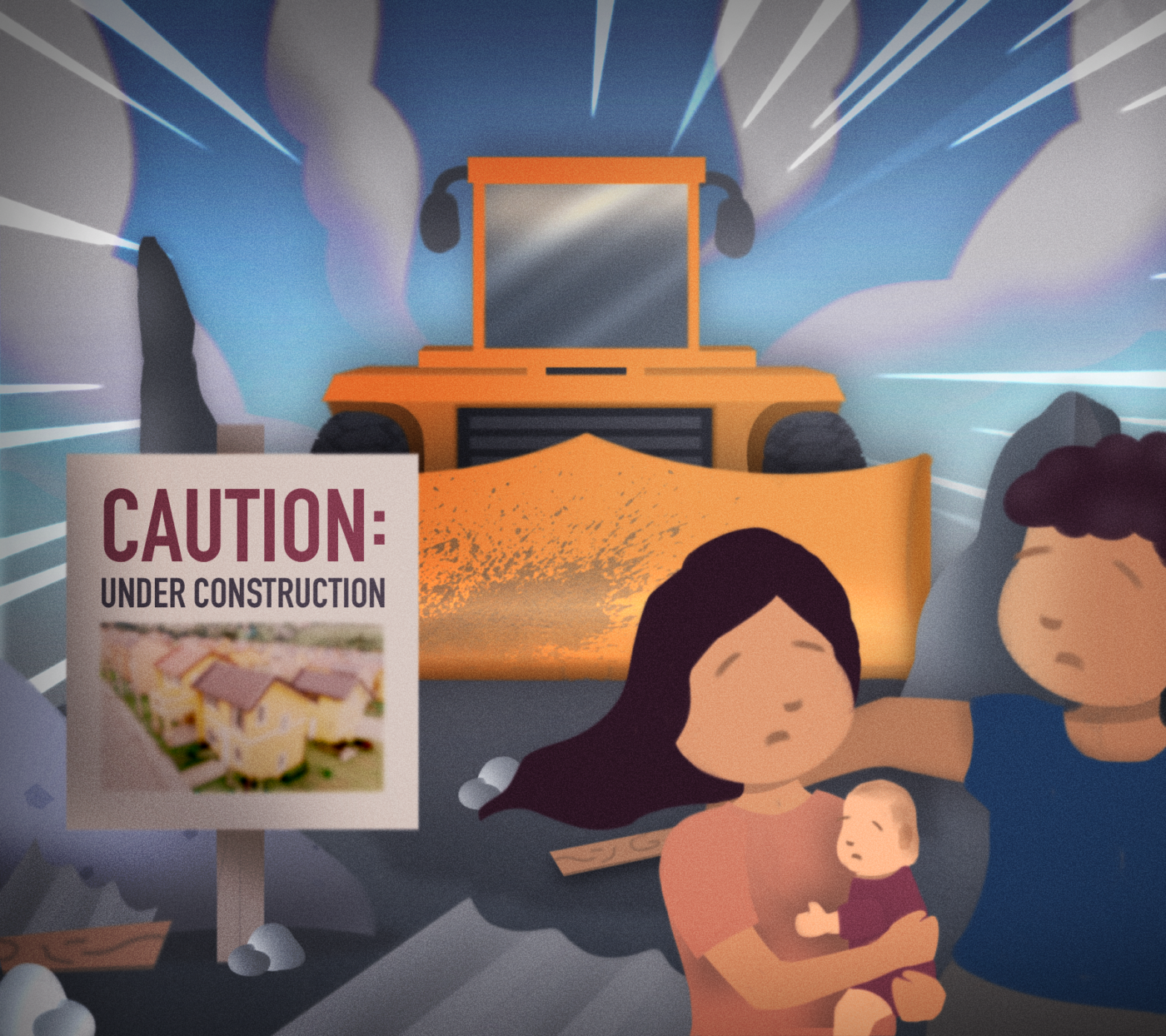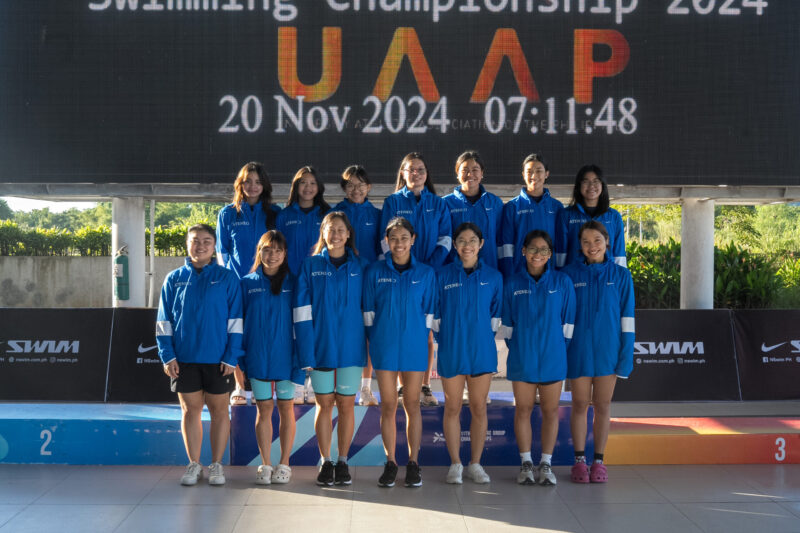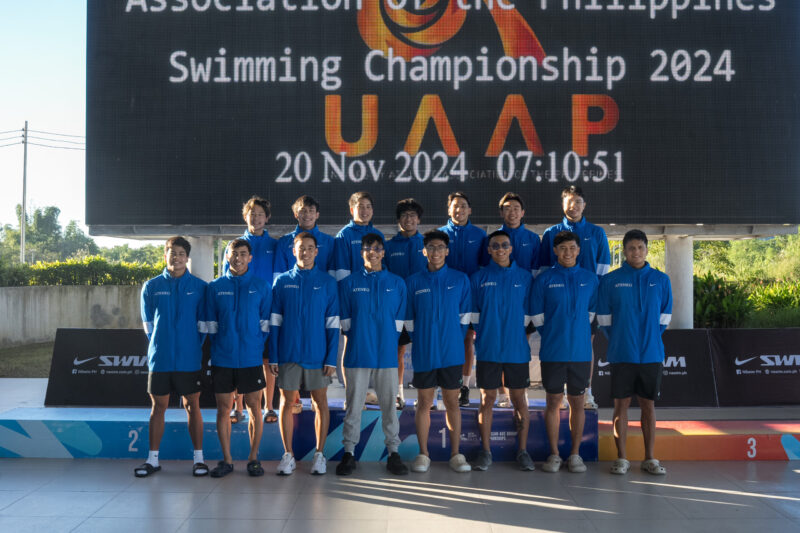AS PRIVATE development encroaches on lands to build infrastructure projects, the undocumented citizens residing in these areas—deemed “informal settlers”—are left vulnerable to evictions and demolitions.
Discussions of these settlements challenge the development landscape of Metro Manila. While half a million Filipinos informally reside in the country’s capital, government initiatives focus on infrastructure and economic growth, leaving settlement challenges largely unaddressed.
Such an infrastructure-focused approach to development raises questions not only about land use rights but also the representation of conflicting interests in discussions on Philippine urban development.
An example of such conflicts of interest is eviction, a formal process in which the legal owner of a property asserts their right over it by serving a tenant with a notice to vacate. In cases concerning land claimed for infrastructure projects, government agencies are expected to provide basic services and facilities to those displaced.
National and local government units are responsible for formulating, coordinating, and evaluating resettlement schemes toward the socioeconomic well-being and physical mobility of beneficiaries.
In particular, Republic Act No. 7279—also known as the “Urban Development and Housing Act of 1992”—mandates government assistance for underprivileged and homeless citizens to include access to adequate housing and employment opportunities in resettlement areas.
However, cases from within Metro Manila and beyond reveal that such policies are not aptly executed. Displaced citizens frequently lose access to housing, income, and social networks due to illegally un- or undercompensated evictions.
In Quezon City’s San Roque informal settlement, developers targeted the removal of nearly 30,000 informal settlers for a private business district. As a result, the census of households in San Roque went from 9,000 to 6,000 between 2009 and 2020. Of these, only 2,000 qualified for public rental housing as compensation, based on their long-term residence and property ownership—a private offer granted by the developers of the business hub.
Despite attempts to alleviate the poor living conditions of settlers, policy and reality appear disconnected. Housing provided for informal settlers, including cases outside of San Roque, tend to be of poor quality and design and are located far from the settlers’ old livelihoods.
Hence, some citizens who have been relocated opt to reside in cheaper settlements instead than the ones offered by the government—suggesting that current housing policies tend to worsen the social and financial situations of informal settlers. While policies aim to protect the interests of underprivileged and homeless citizens, the gap between policy and implementation continues to widen, as evident in the poor living conditions of those left beholden to private commercial interests. With disparities in policy enactment and coverage, such circumstances question where social visibilities and inclusion lie in the drive toward socioeconomic growth.




